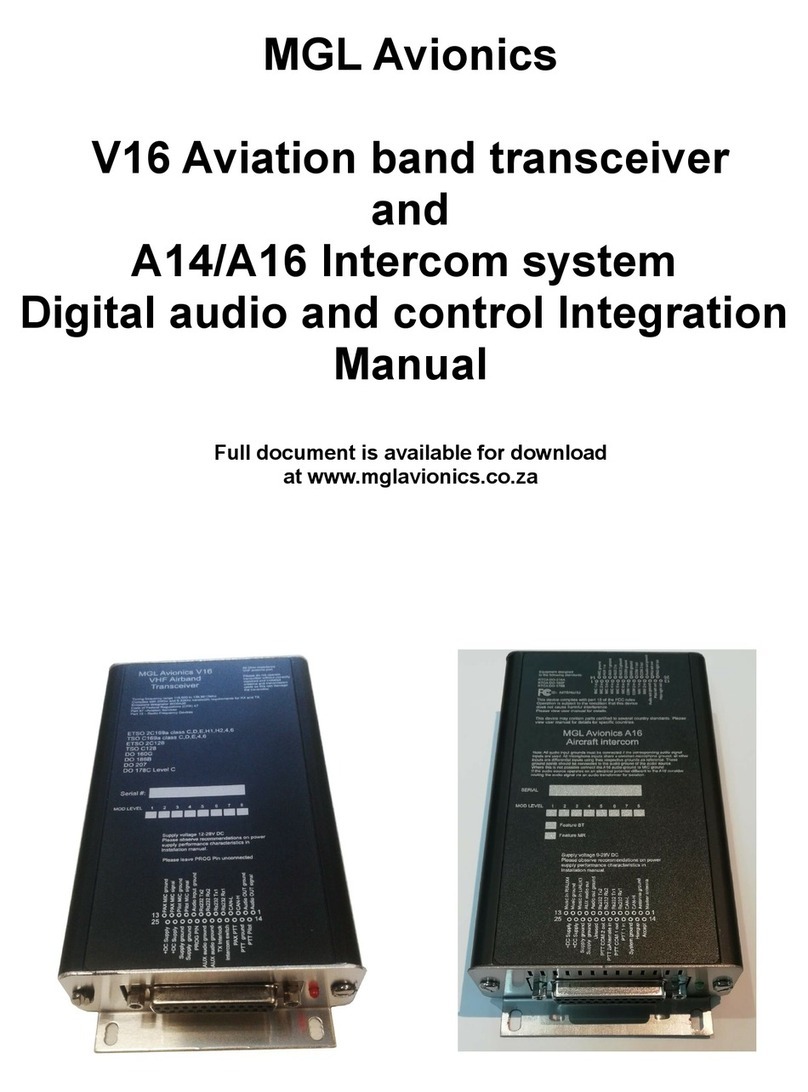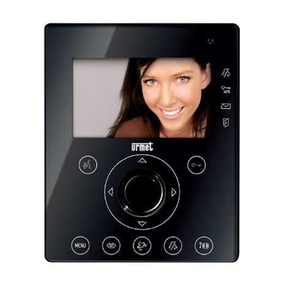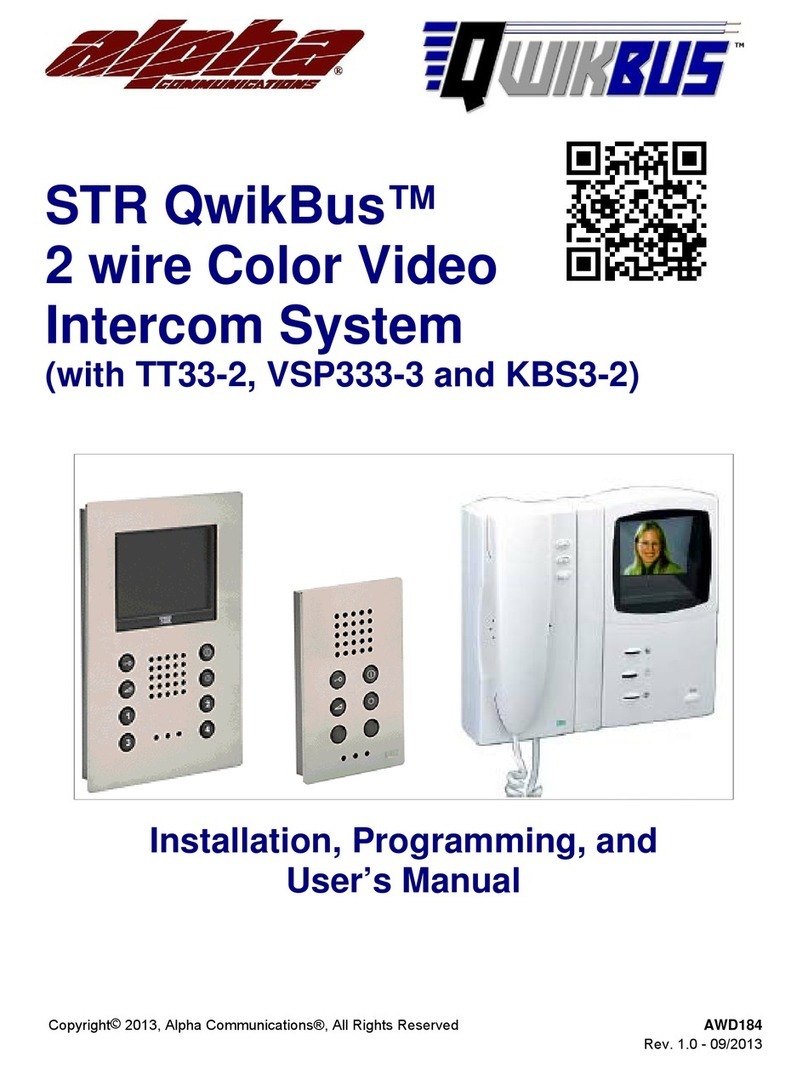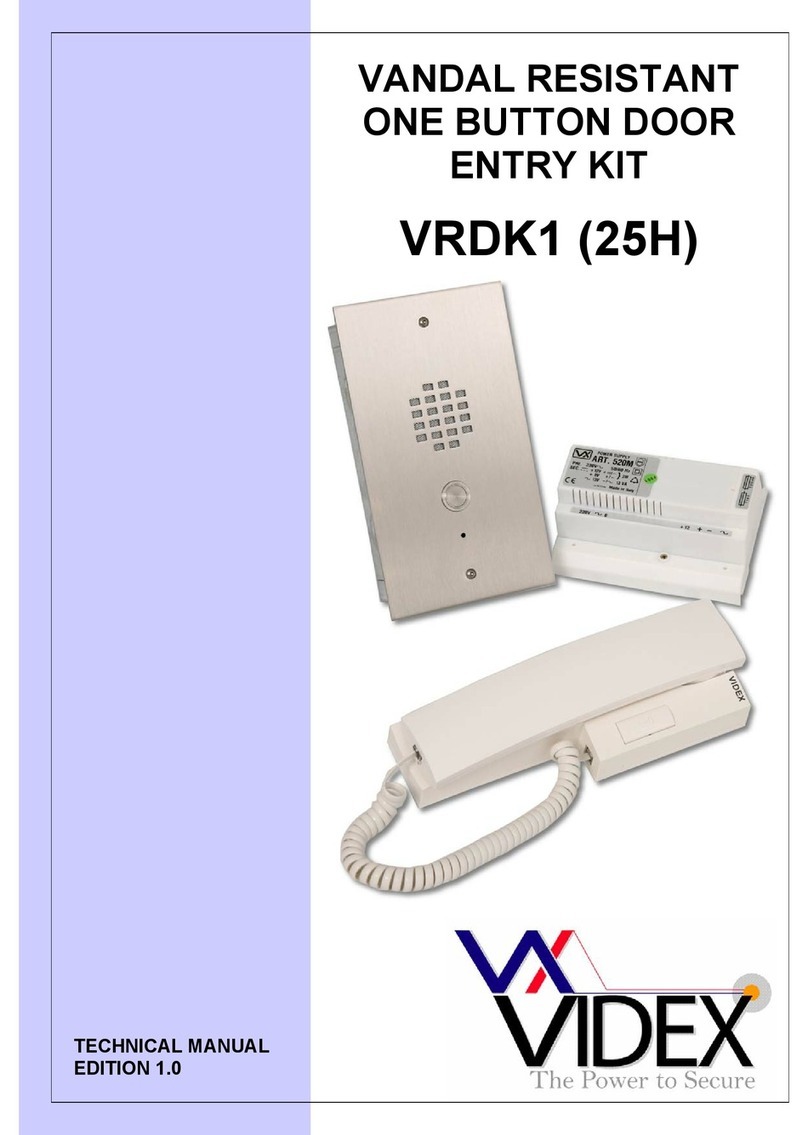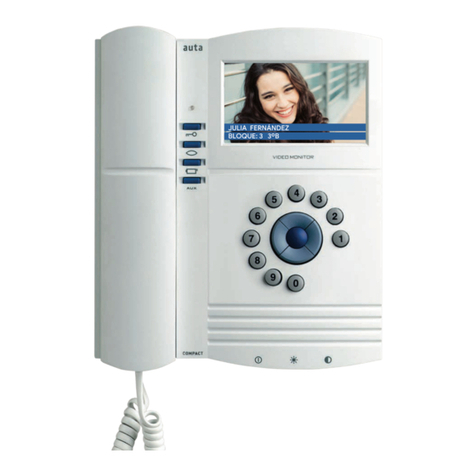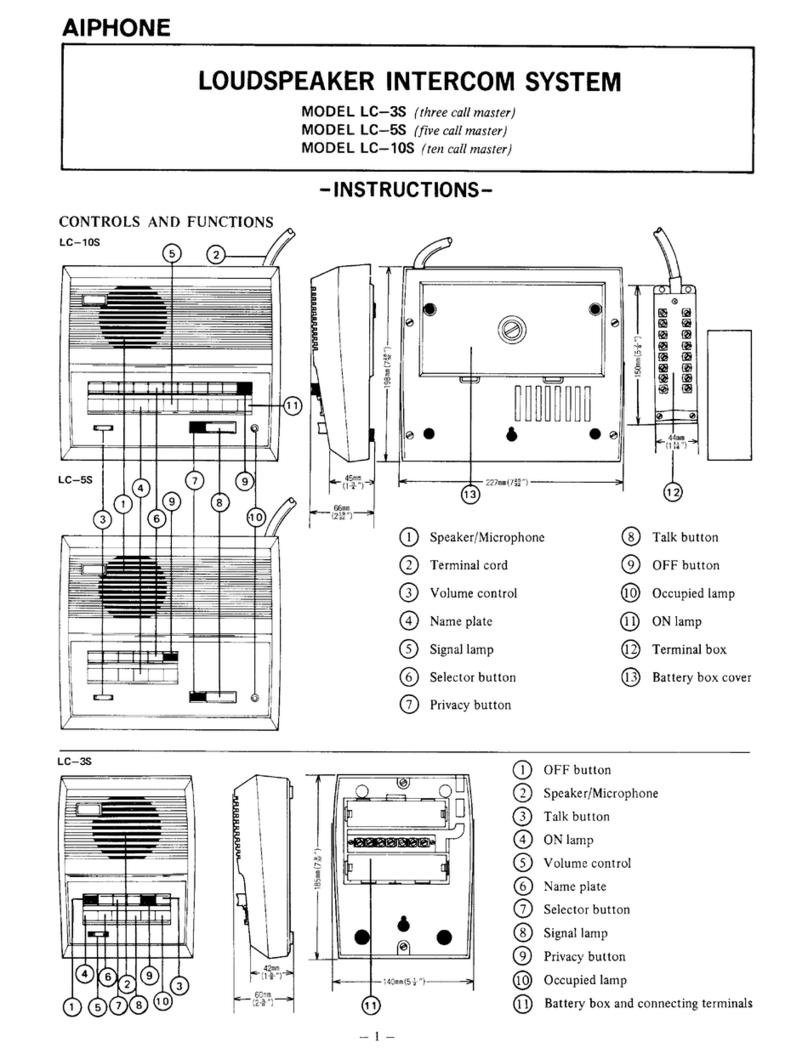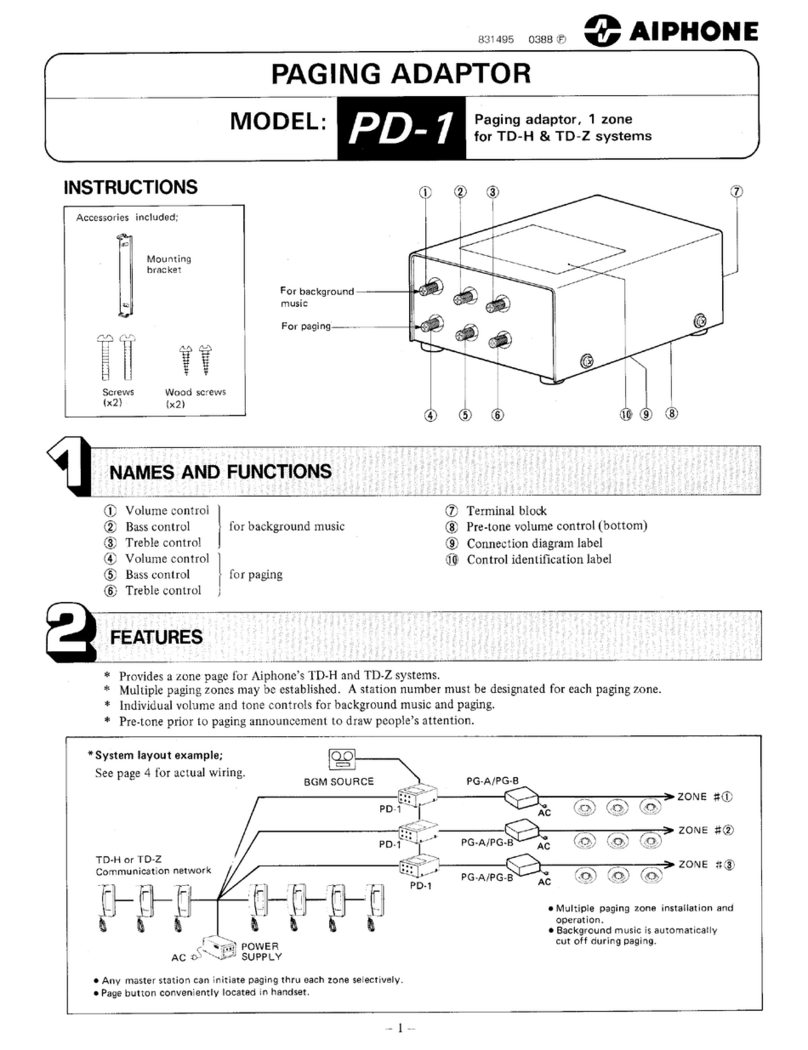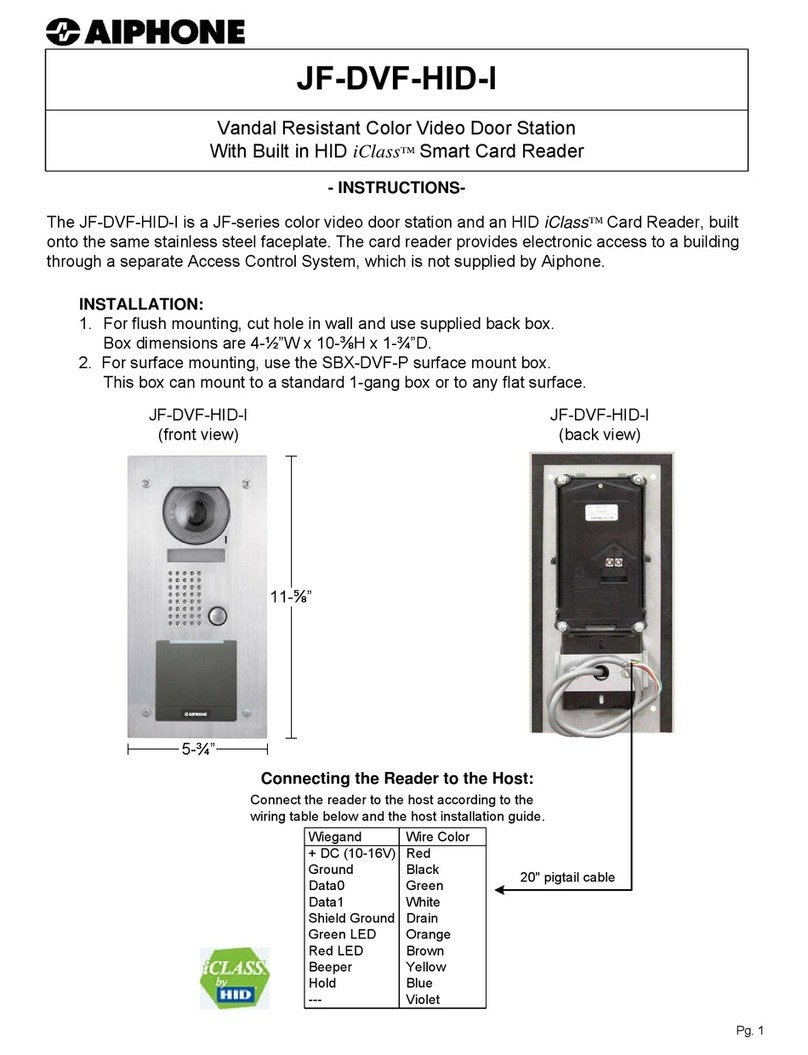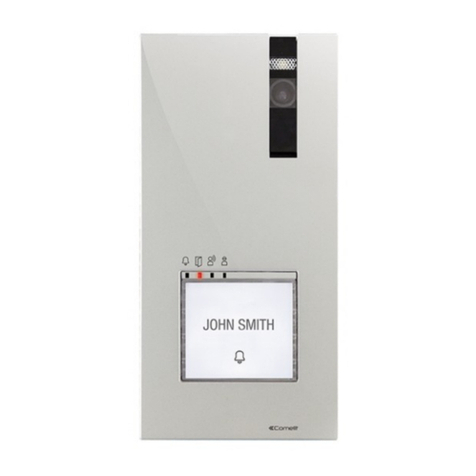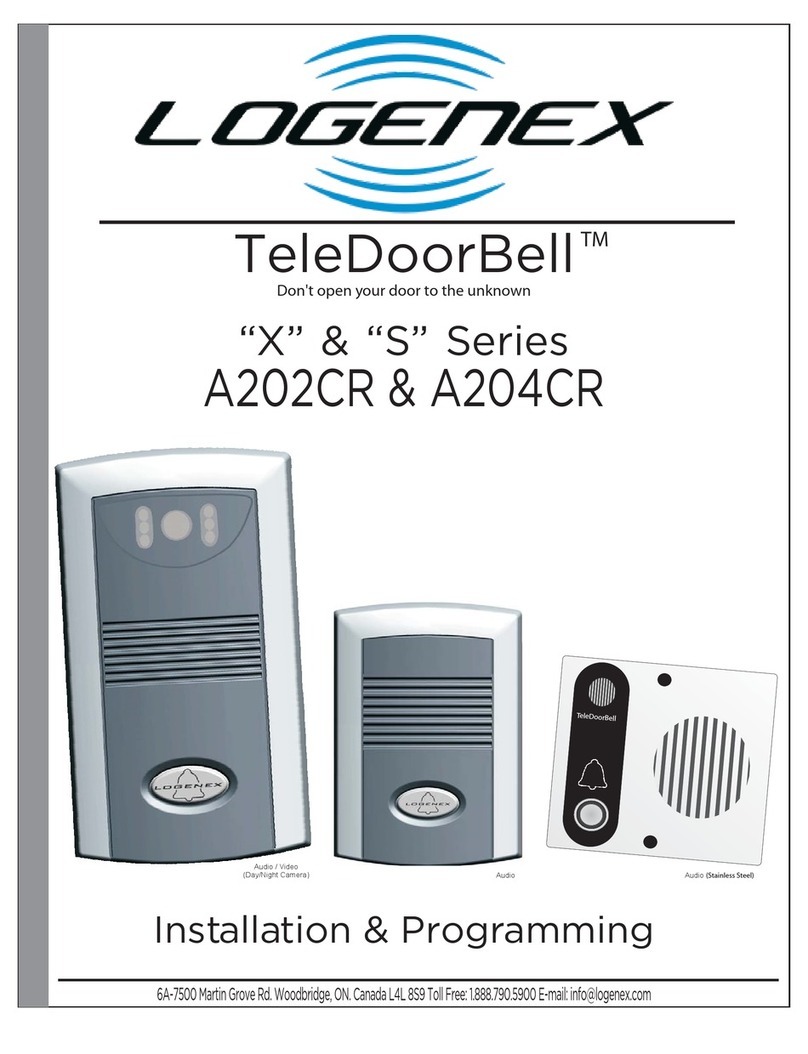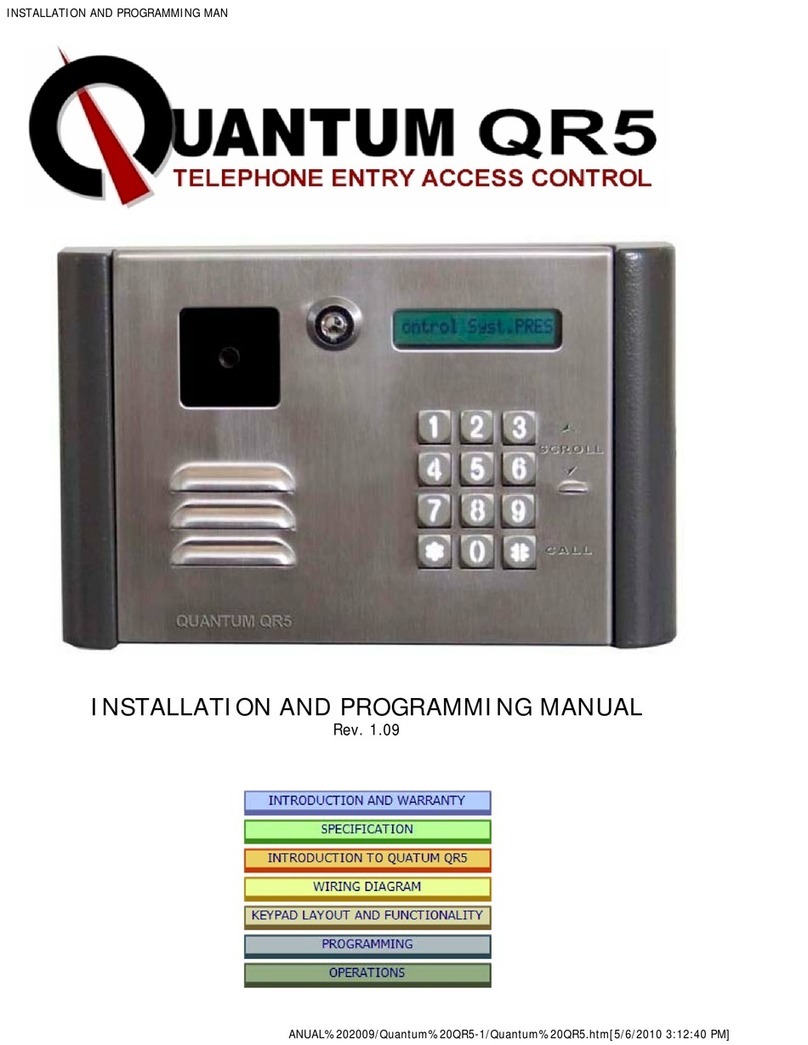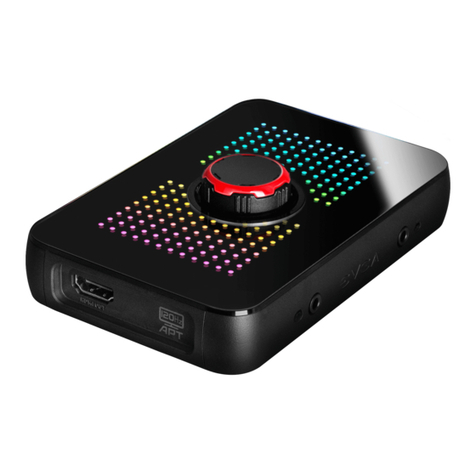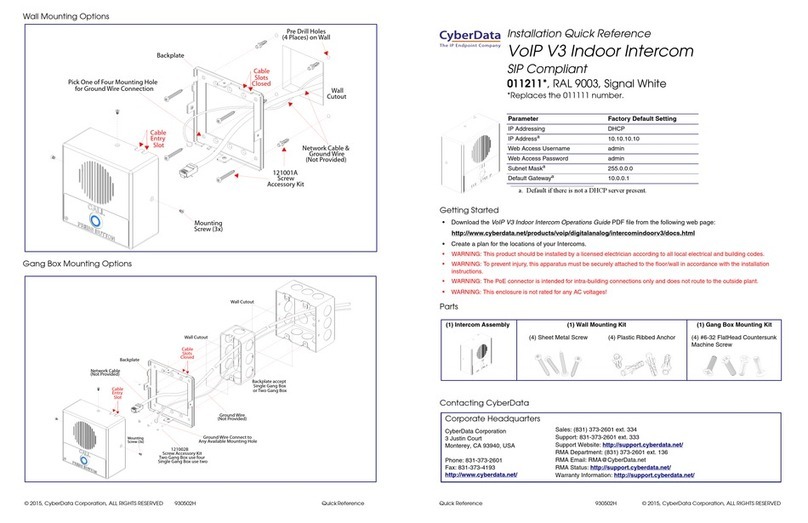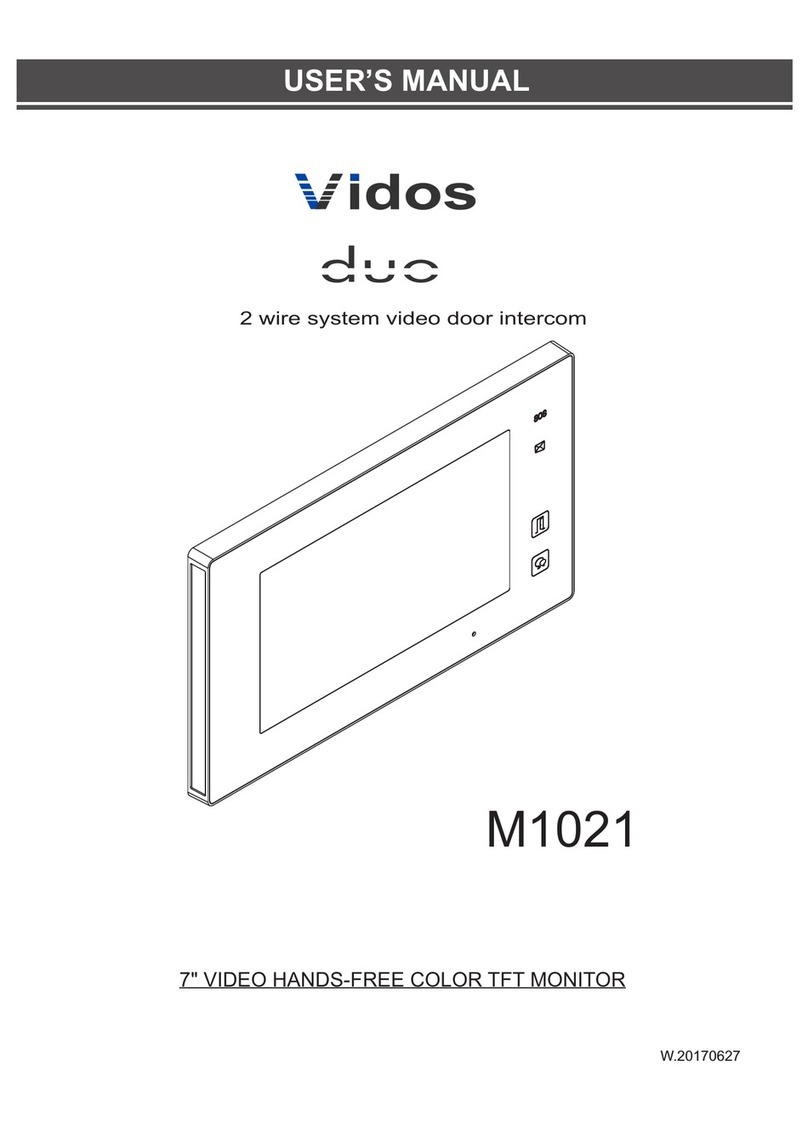
3
Using Your Own MP3 Files
The Door Intercom system is congured to play three separate les stored on an SD card (included) in-
serted into the back of the DI-21: FRONTDOOR.MP3, BACKDOOR.MP3, and PHONE.MP3. Your system
includes three sample les, as well as several alternate sound les, already loaded on the SD card.
In order to change which le you hear, you simply need to change the name of the preferred le to either
FRONTDOOR.MP3, BACKDOOR.MP3, or PHONE.MP3. Remove the SD card from the DI-21 and insert
it into your computer in order to play the existing sound les and/or add your own sound les.
Replacing the sample les with your own recorded les or favorite songs is highly encouraged! Feel free
to add music les that cleverly relate to answering a door or phone, or are relevant to the current season
or holiday, or that are simply more personal to you. Have fun with it!
Some tips when using your own MP3 les:
A doorbell le should typically be at least 30 seconds long. Once the doorbell le times out, the TALK but-
ton on each LyncPad will automatically return to its previous setting. If the le is too short and times out
before you can get to a LyncPad, you will have to manually select the appropriate Door Station to initiate
the conversation. On the other hand, if the le is long and you are able to press the TALK button before the
le reaches its end, you are automatically connected to the initiating Door Station.
The PHONE.MP3 le will NOT start over with each consecutive burst of “ring” voltage unless the le is very
short. Again, we recommend a le that is about 30 seconds long. However, if you prefer a short sound le
to match the length of the ring voltage, you will likely want to pad the le with a few seconds of no sound.
In doing so, you may be able to achieve a sound le length that starts over with each new ring voltage. If
the le is too short, it is possible for the system to alternate between short bursts of the sound le and the
source you were already listening to. The effect is not pleasant!
MP3 le will ONLY play into zones which are currently powered on, not in MUTE, and not in DND (Do Not
Disturb) mode. If you are using the Door Intercom system as your primary method of hearing the doorbell,
we recommend that you keep the LyncPad in your primary zone always powered on. You might even con-
sider naming a source input that is not being used as “Standby” or something similar. Rather than powering
off this zone you would simply select the Standby source when not in use.
When a doorbell button is pressed, the appropriate sound le will play until the sound le ends or until the
door is answered at a LyncPad. The door is answered by the rst zone in which the LyncPad’s TALK but-
ton has been pressed. Once this occurs, all other zones return to their previous state. The communication
with the door station is only between the answering zone and the door.
The PHONE connection is used to play the PHONE.MP3 le when a phone line “ring” voltage is sensed by
the DI-21. All zones currently powered on and not muted and not in DND mode will hear the PHONE.MP3
le. The PHONE.MP3 le will play until the “ring” voltage is no longer sensed; that is, until the caller hangs
up their phone prior to being answered or someone in the house answers the phone. “Ring” voltages are
typically sent 4-6 seconds apart and vary by location, so it is possible for the phone connection to be dis-
connected or the phone answered and the MP3 le will continue to play for several seconds.
The PHONE connection is NOT used to answer or otherwise communicate with the incoming call. It is
simply a means to let those within range of the whole-house audio system know there is an incoming call.
Note: The volume level for the MP3 les is set using the Volume Control knob on the back of the DI-21.
Similar to intercom volume, the volume of the MP3 les is NOT dependent on the volume level set for each
zone.
